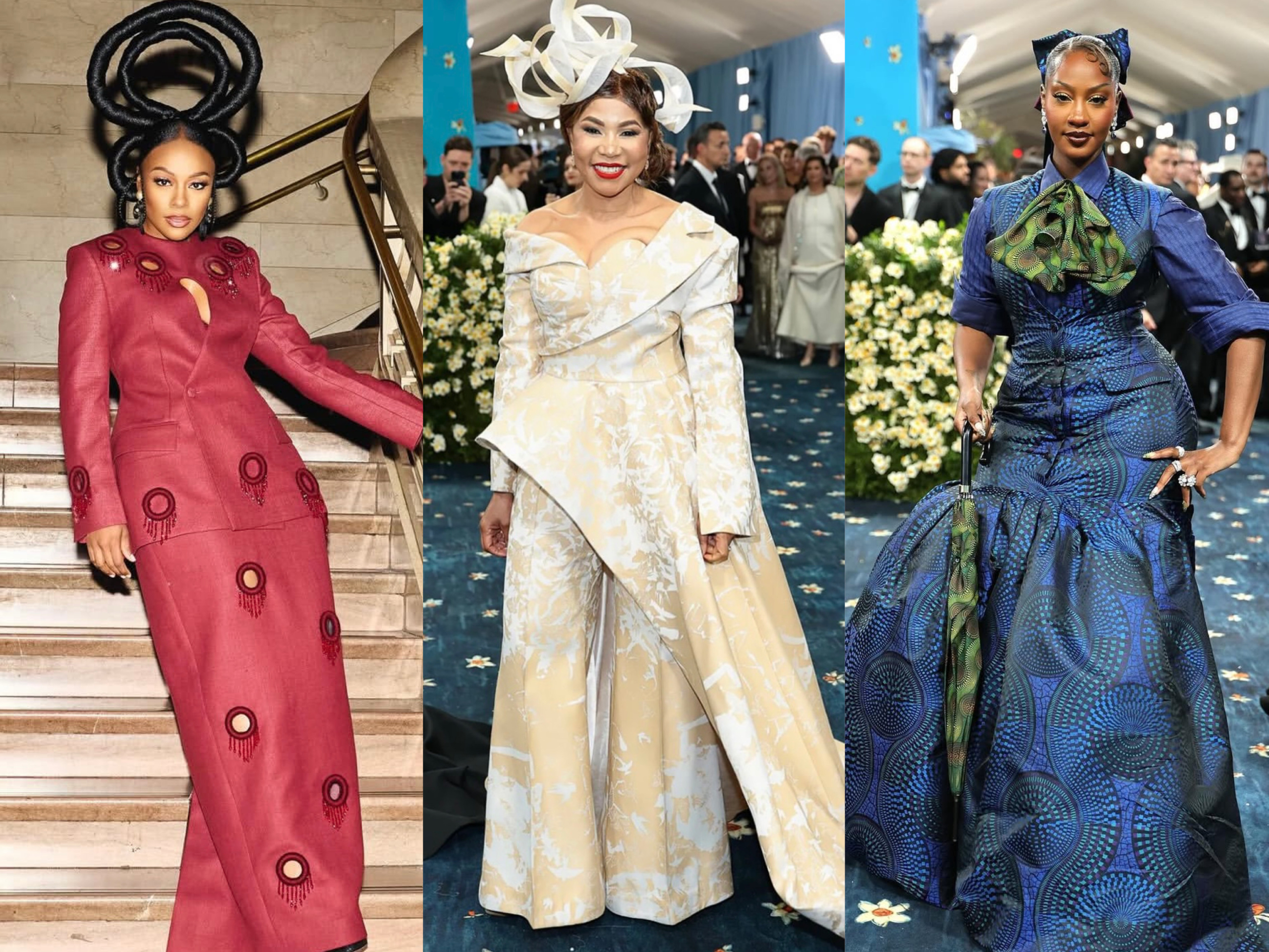In a historic moment for African fashion, the 2025 Met Gala witnessed a dazzling display of African creativity and craftsmanship that could no longer be overlooked. This year’s event, themed around celebrating the enduring influence of Black style, saw African designers not only participating but reshaping the global conversation around fashion itself.
The Metropolitan Museum of Art’s famed Costume Institute exhibition, Superfine: Tailoring Black Style, spotlighted how Black men have long used fashion as a tool for expression, resistance, and transformation. In a fitting parallel, the presence of African designers on the gala’s iconic stairs proved that the continent’s vibrant, multifaceted fashion industry is not merely contributing to global fashion — it is leading the charge.
This milestone was further underscored by African Fashion International (AFI) becoming an official sponsor of the Met Gala, standing alongside global giants like Instagram and the Tyler Perry Foundation. Dr. Precious Moloi-Motsepe, founder of AFI, aptly described it as “a moment of reckoning, and a recognition of Africa’s creative genius.” She added, “We are not just participants; we are architects of a new fashion narrative.”
This year, African designers dressed some of the world’s biggest names, crafting garments that paid homage to heritage while pushing the boundaries of contemporary luxury. It was an unforgettable night where the richness of African stories, traditions, and innovation took centre stage.
Thebe Magugu
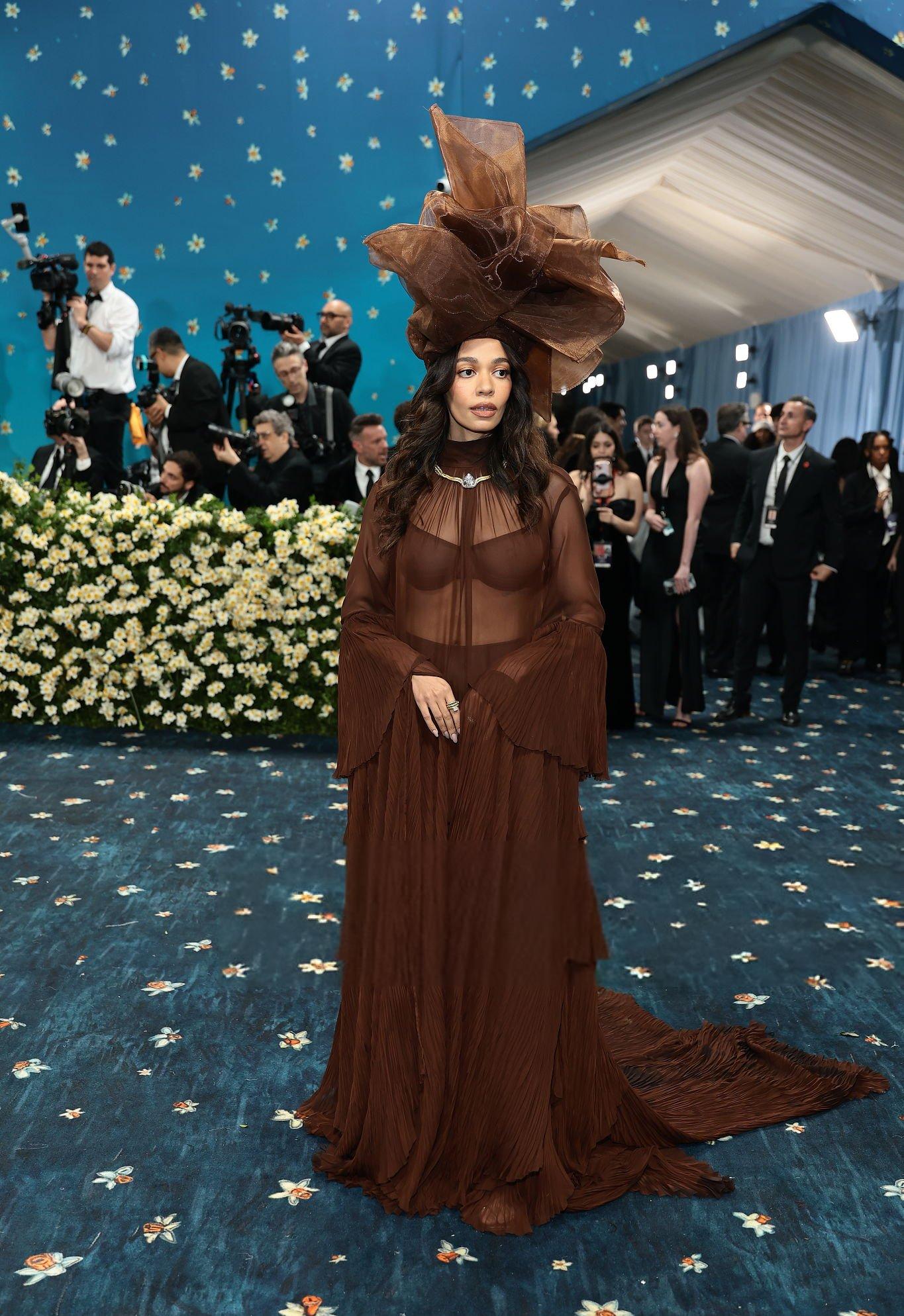
South Africa’s Thebe Magugu marked a triumphant debut with couture creations worn by activist Aurora James and heiress Ivy Getty. Inspired by the elegance captured by Central and West African photographers of the 1950s and 60s, Magugu’s flowing chiffon gown paired with a sculptural headpiece was a masterful nod to Yoruba traditions.
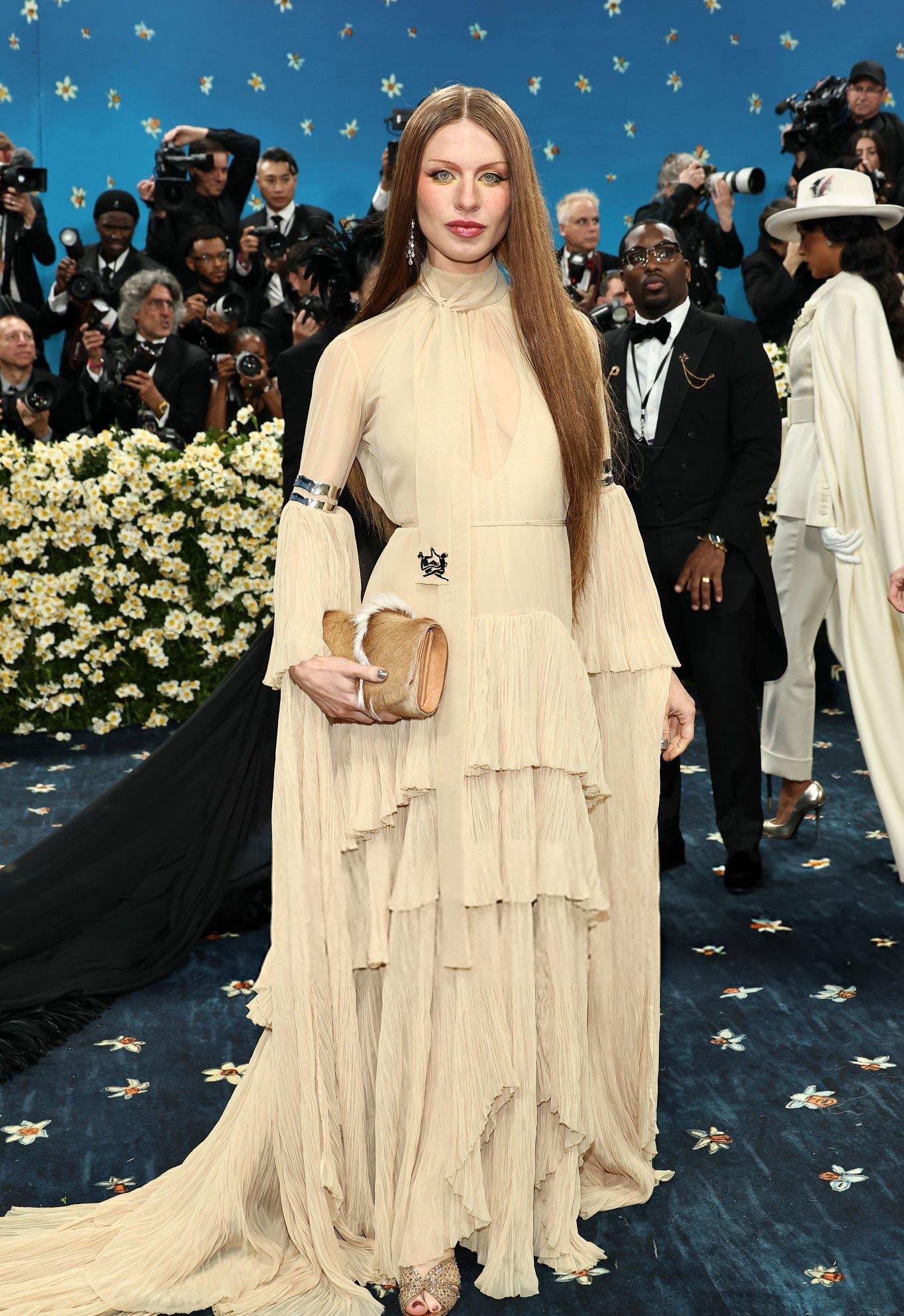
David Tlale
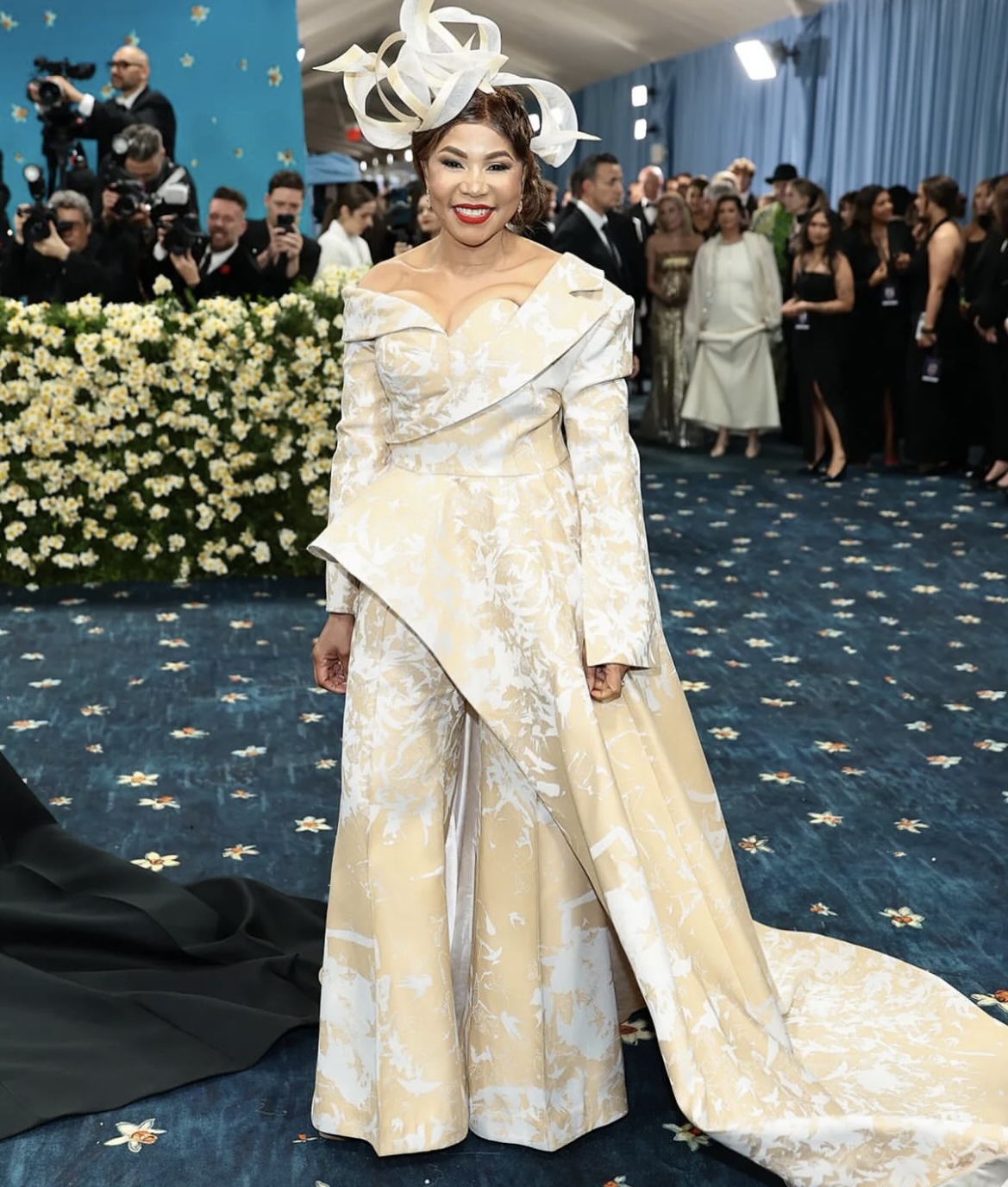
A luminary in South African fashion, David Tlale designed an opulent cream and gold suit for Dr. Precious Moloi-Motsepe herself, complete with dramatic bell-bottoms and a regal cape — a look as bold and sophisticated as the moment demanded.
Orange Culture by Adebayo Oke-Lawal
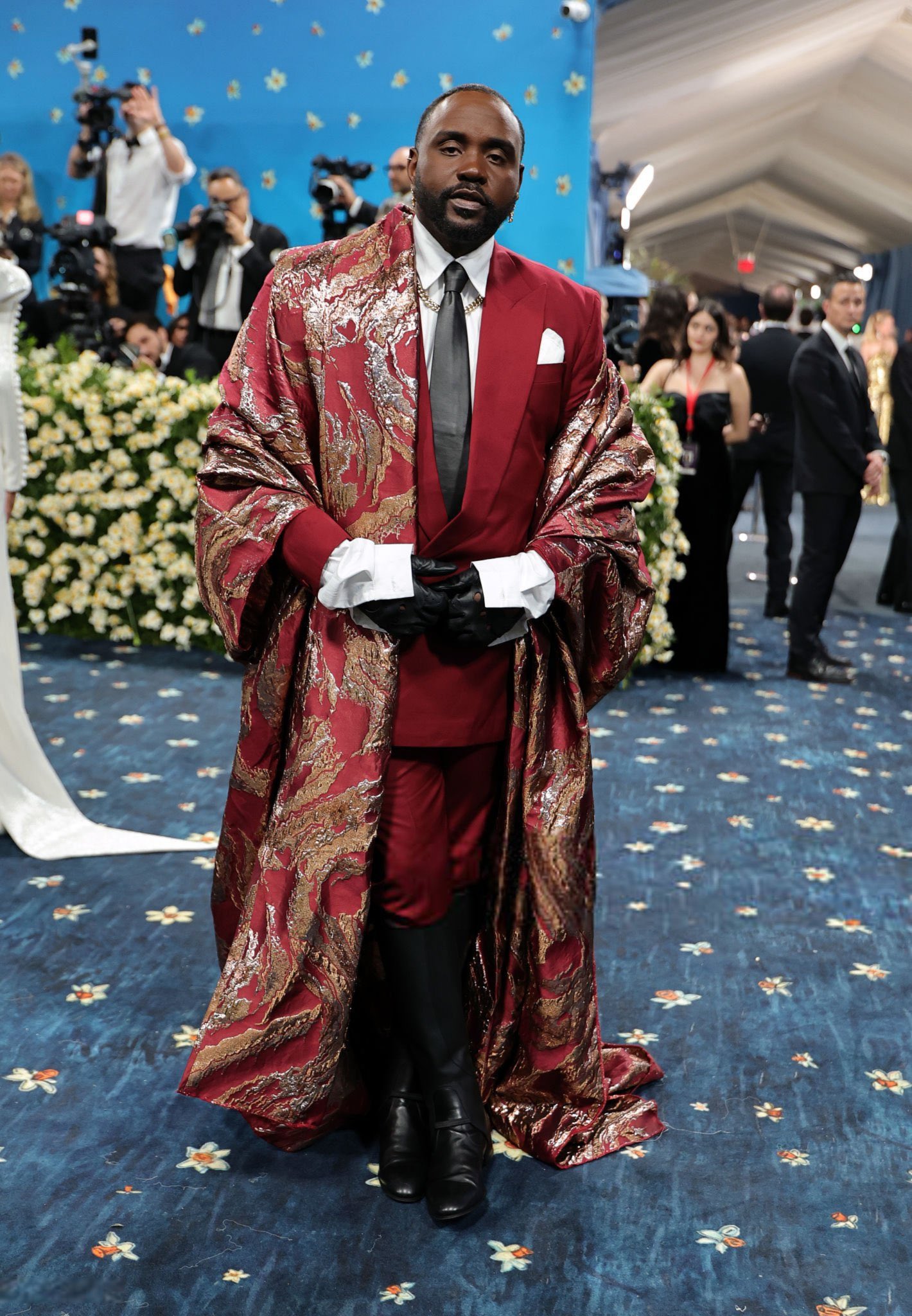
Nigerian designer Adebayo Oke-Lawal’s label, Orange Culture, made a striking appearance with a red and gold textured ensemble worn by acclaimed actor Brian Tyree Henry. The design carried echoes of the grandeur of the late fashion icon André Leon Talley, blending audacity with grace.
Chuks Collins
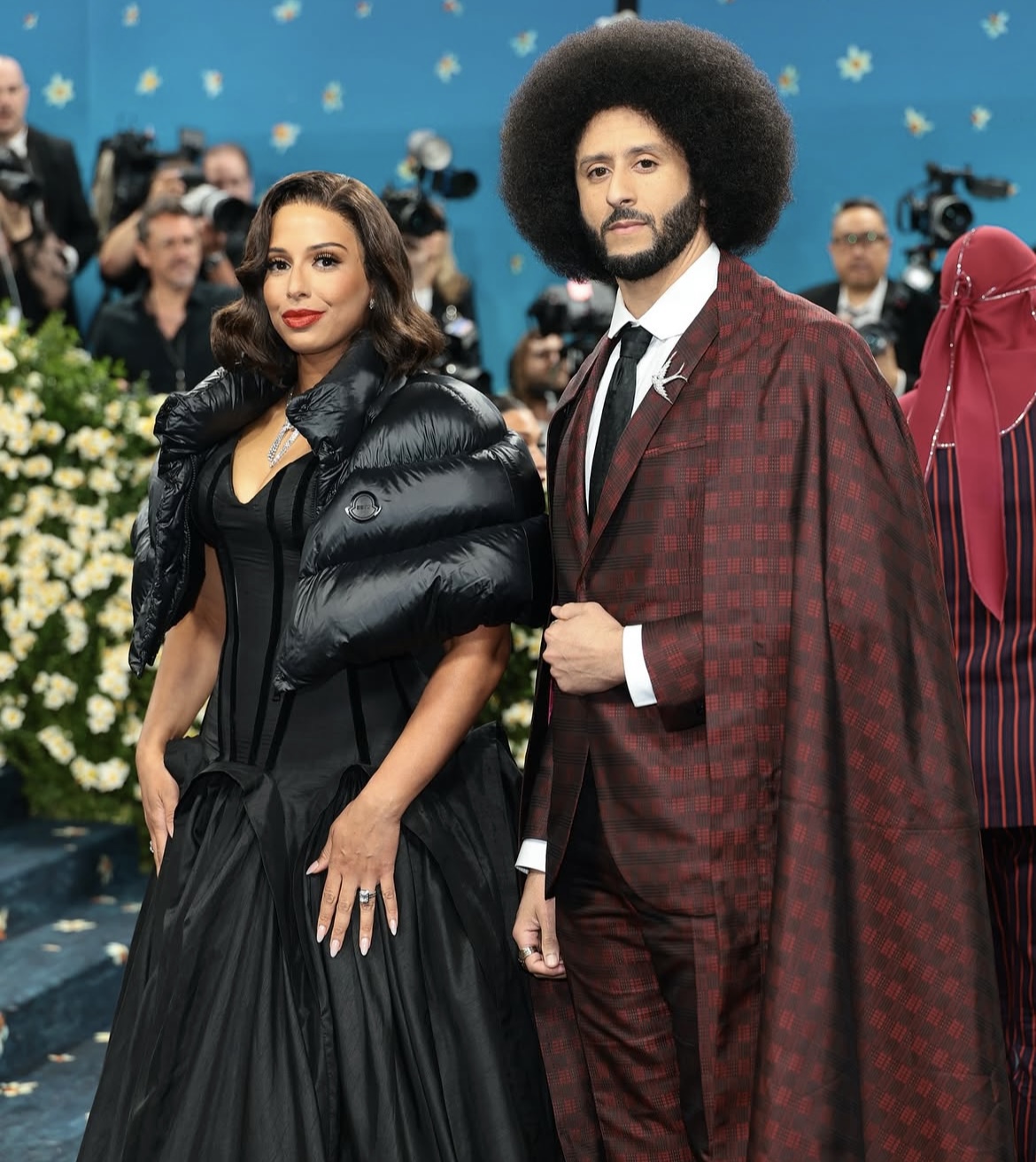
With his “An Ode to Mama” gown, Nigerian designer Chuks Collins paid tribute to maternal legacy and identity. Crafted in rich black silk with a Moncler x EE72 cape, the piece was a heartfelt homage to ancestral elegance, worn beautifully by media personality Nessa Niab.
Hanifa by Anifa Mvuemba
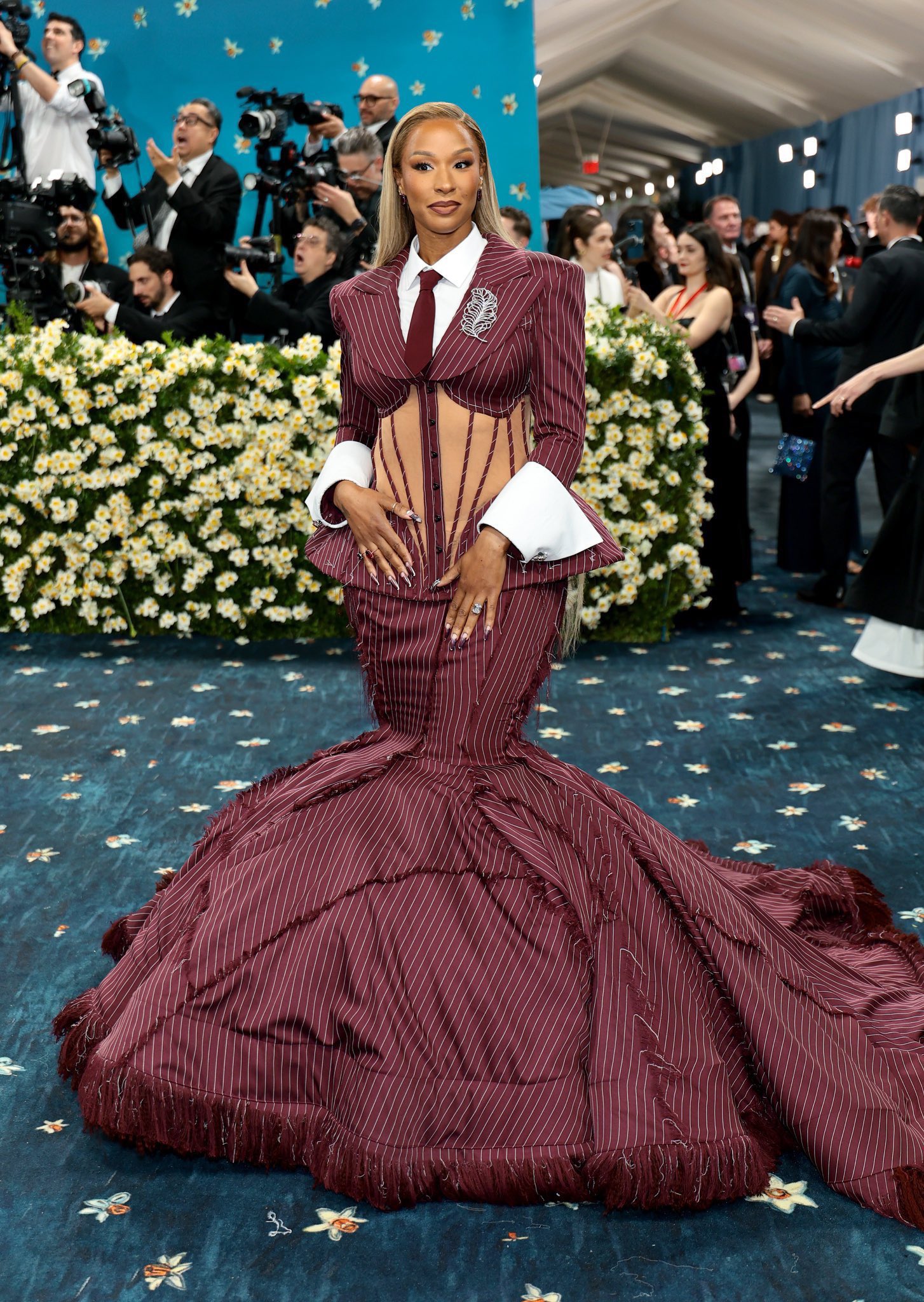
Congolese-American designer Anifa Mvuemba, founder of Hanifa, outfitted Savannah James in a burgundy striped jacket and mermaid-style skirt. The ensemble, boasting corset detailing and a sweeping train, was a study in modern elegance rooted in deep tradition.
Deji and Kola
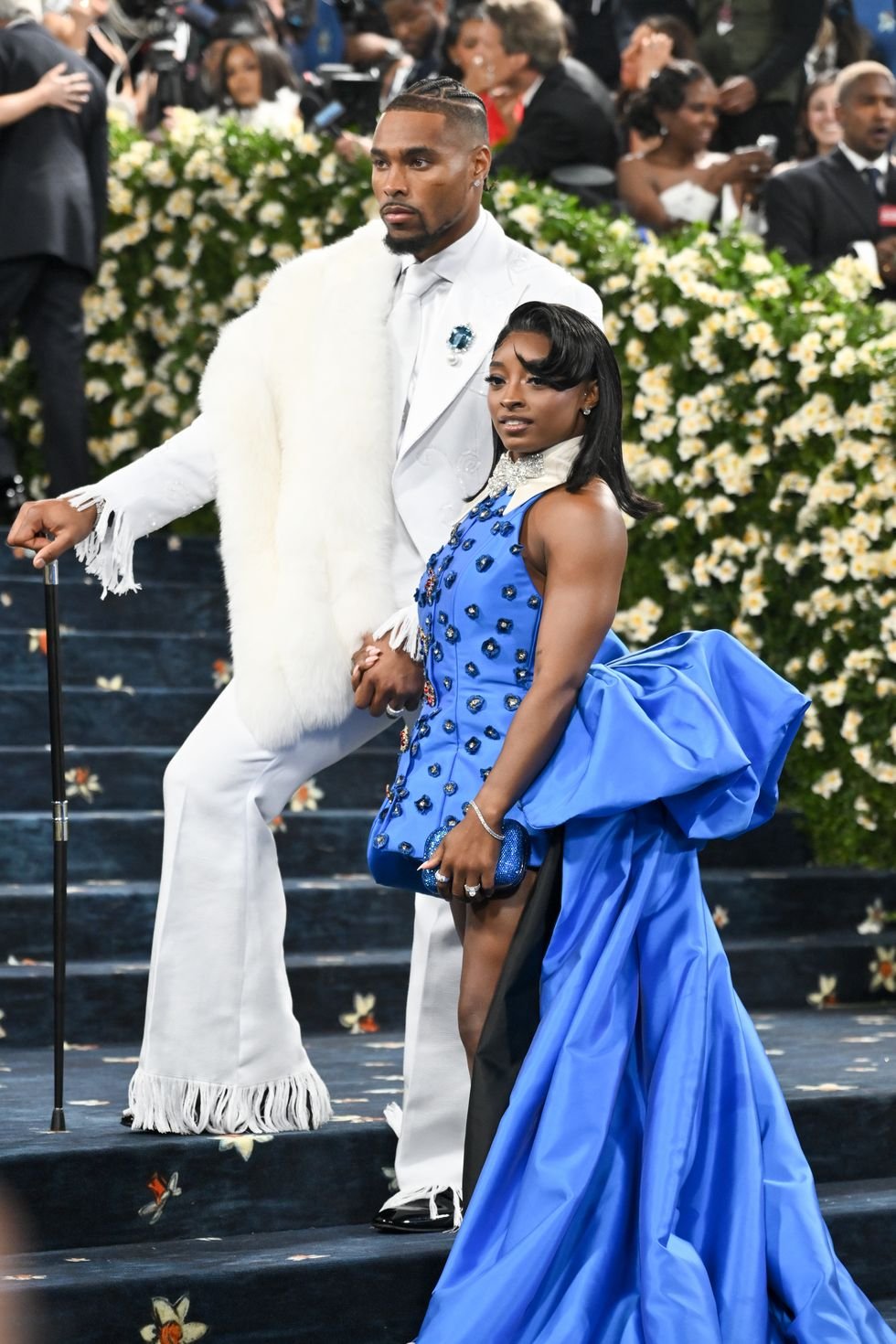
The Nigerian duo Ayodeji Adebayo and Kolapo Olabintan of Deji and Kola brought handwoven Aso Oke to the Met steps. NFL star Jonathan Owens donned their bespoke white tuxedo jacket, while Claire Sulmers stunned in a powerful red three-piece suit, both looks styled by Netflix’s Young, Famous and African star Swanky Jerry.
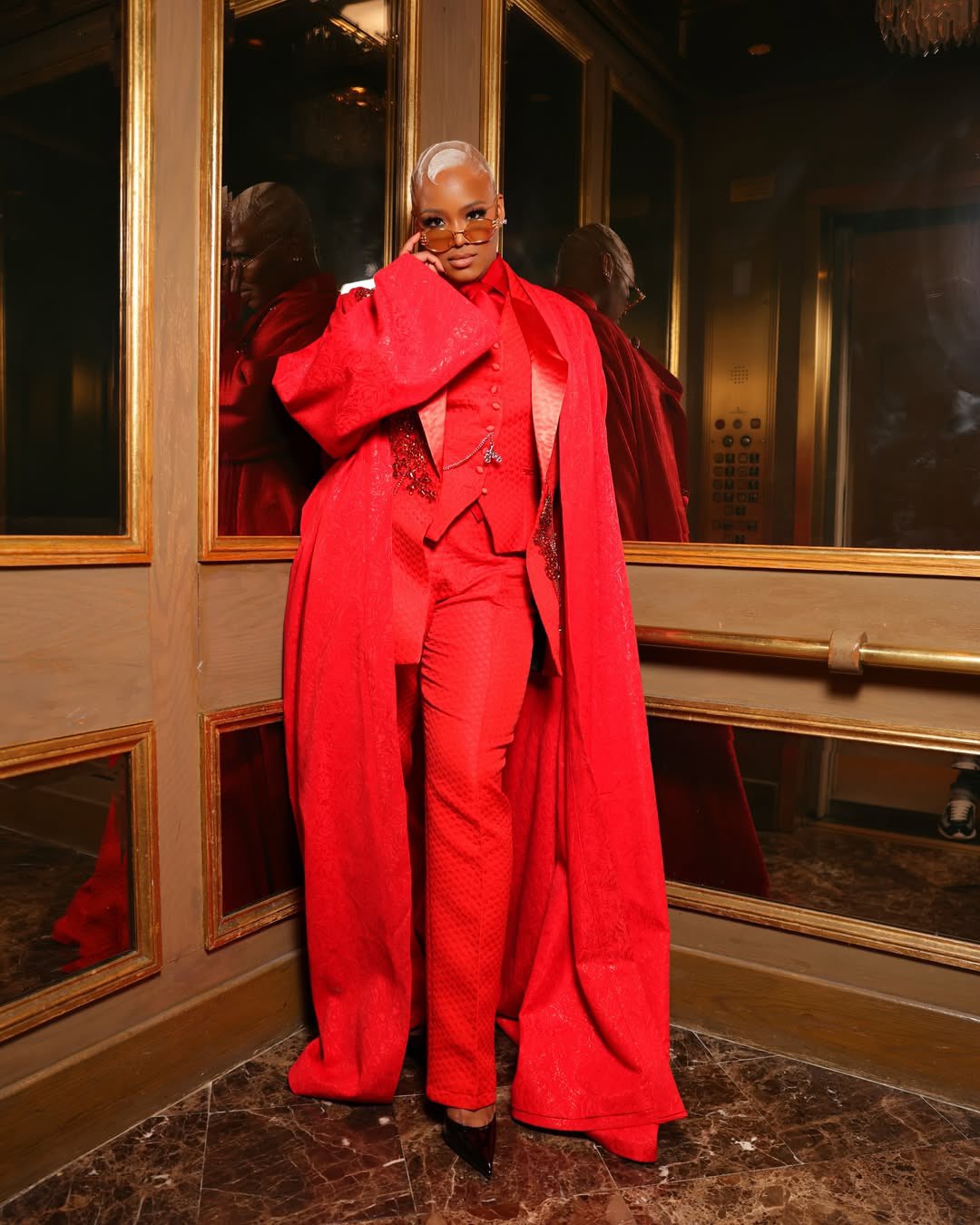
Ozwald Boateng
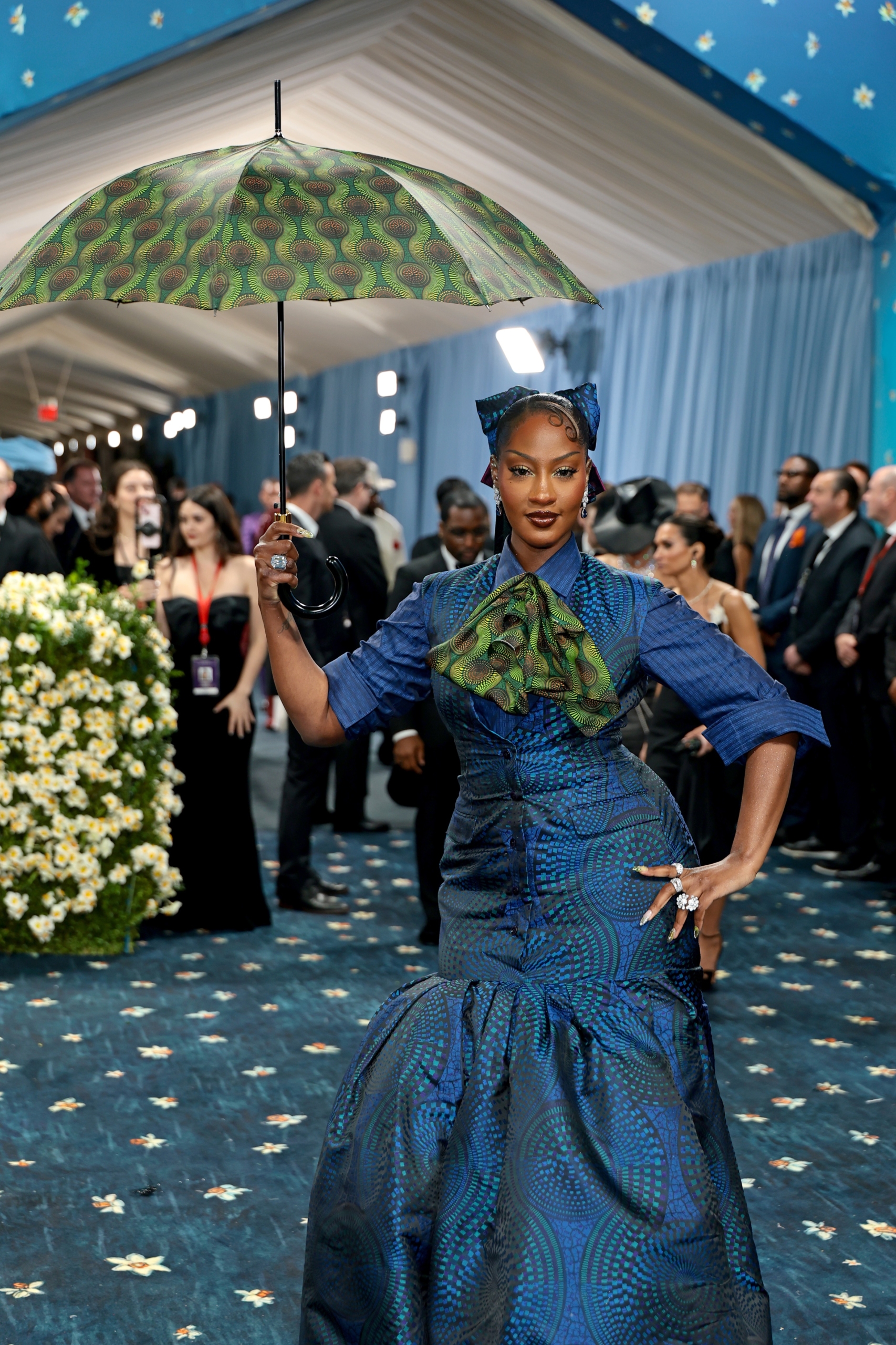
British-Ghanaian designer Ozwald Boateng lent his signature mastery of tailoring to an array of celebrities, dressing Tems, Burna Boy, Ayra Starr, and Issa Rae in garments that fused West African motifs with timeless luxury. His designs for Jaden Smith, Colin Kaepernick, and Henry Golding further showcased African excellence on a global platform.
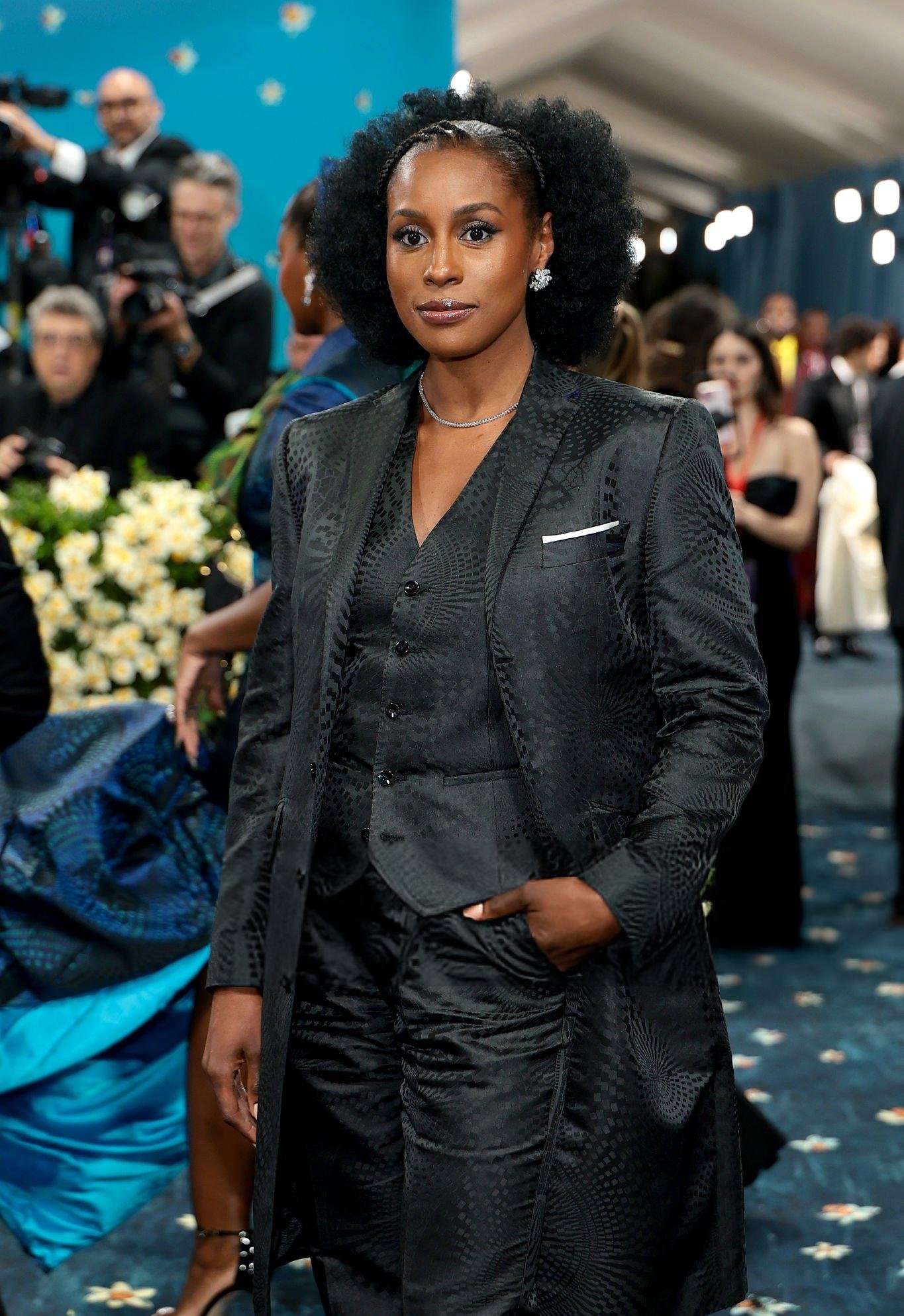
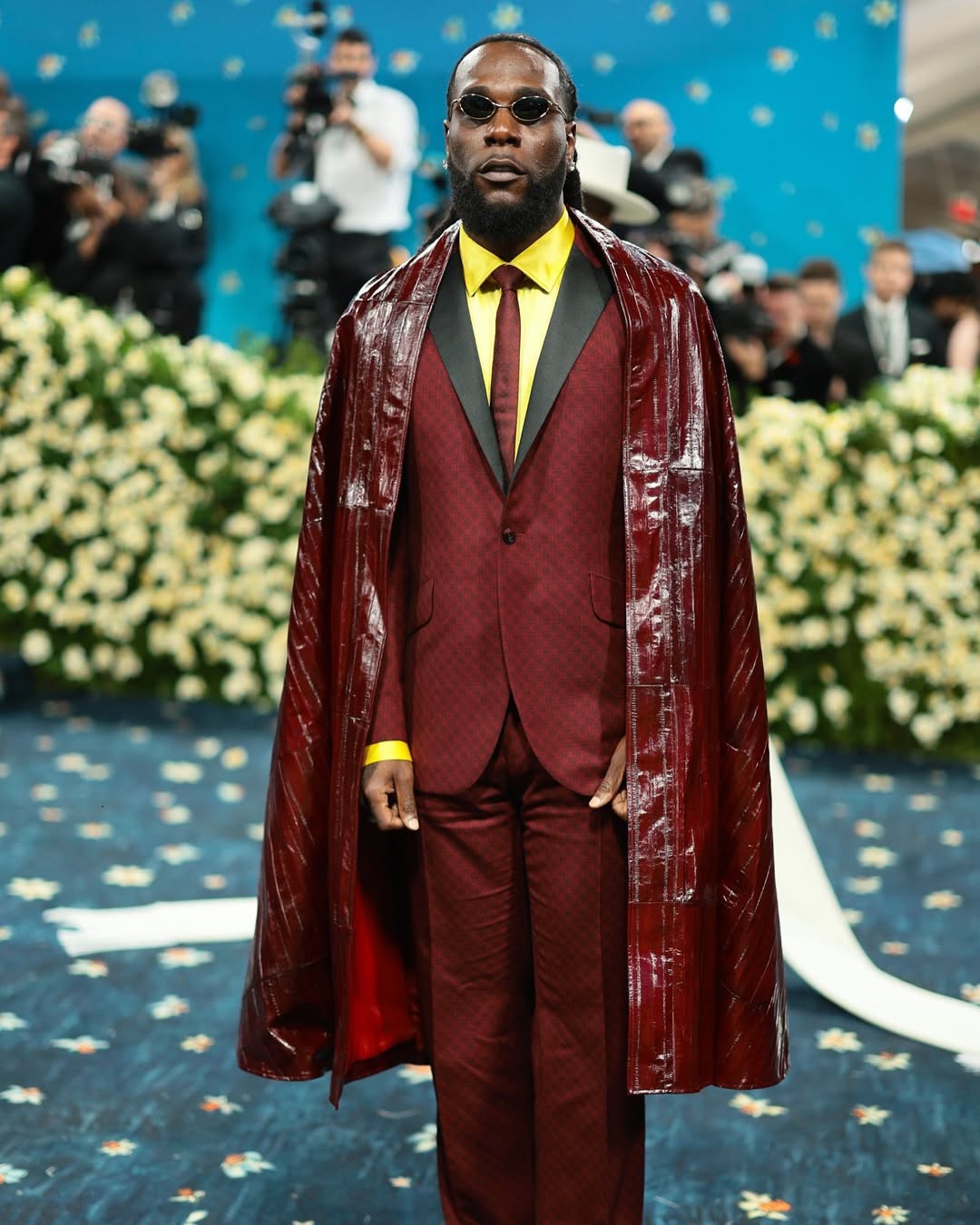
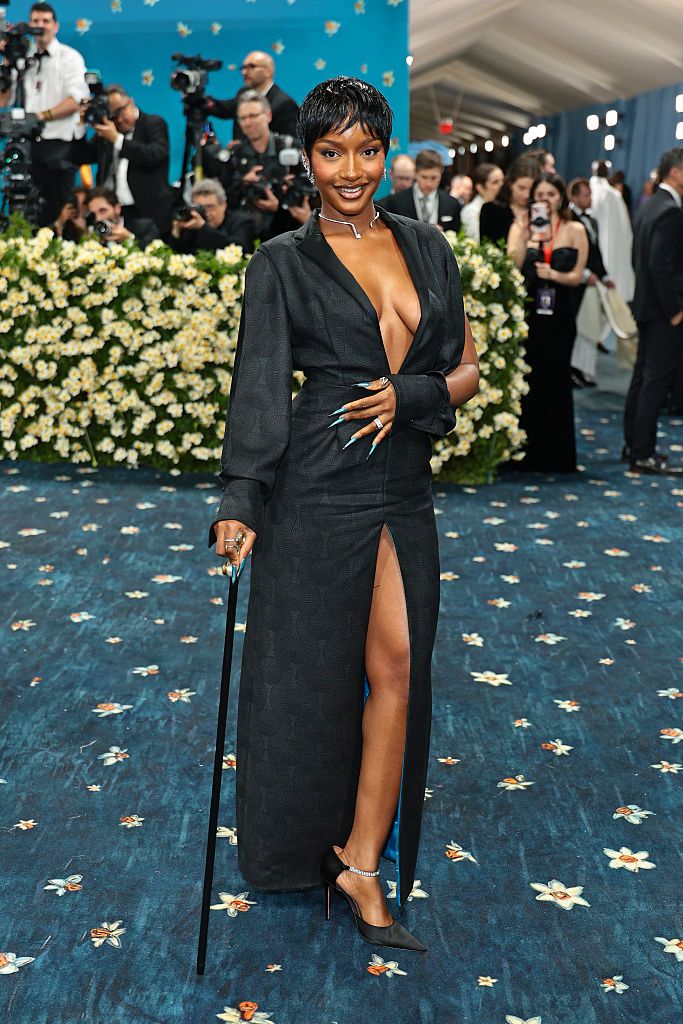
Ugo Mozie
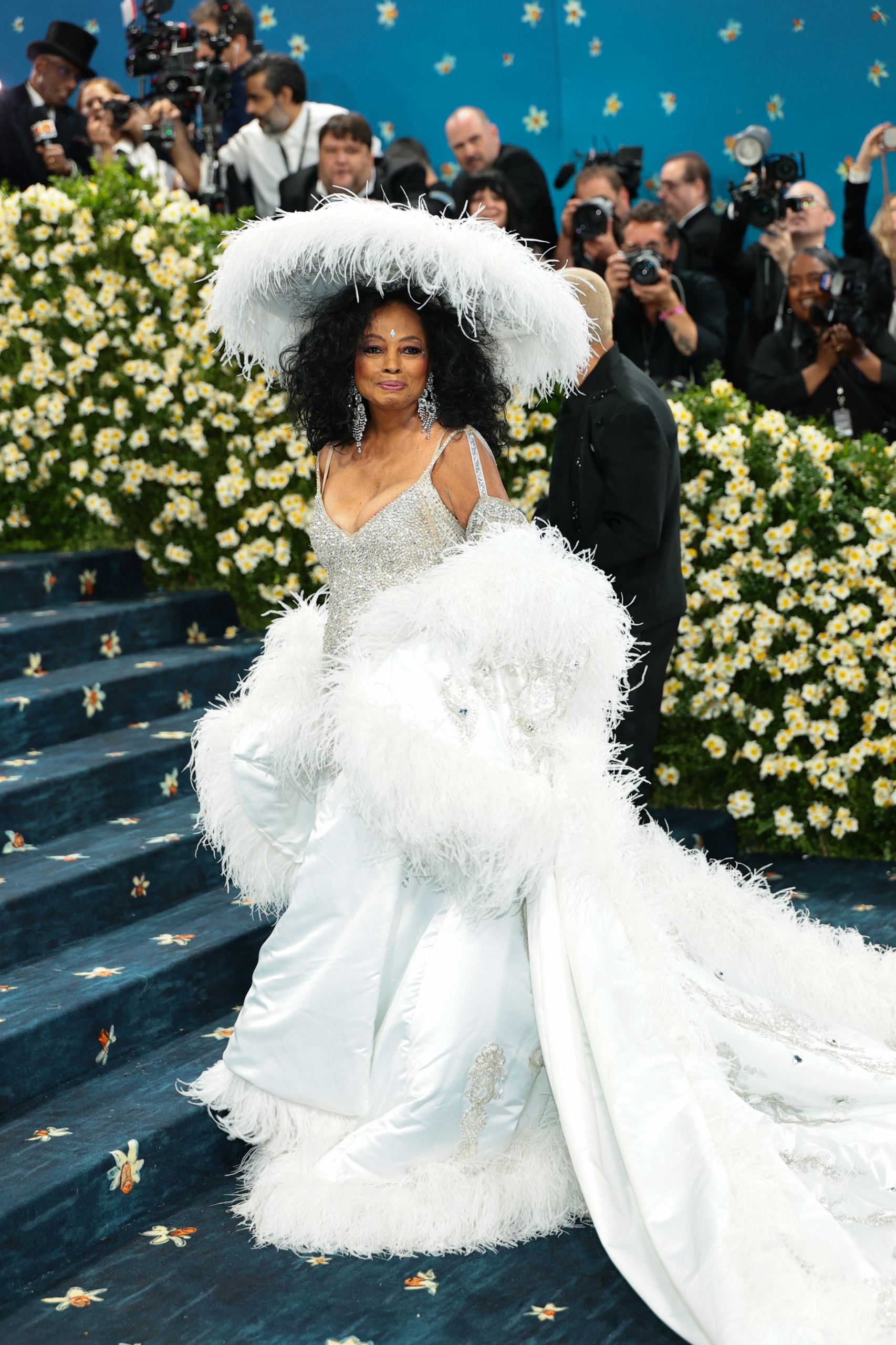
Nigerian stylist and designer Ugo Mozie made one of the night’s most poignant statements with a crystal-encrusted gown for Diana Ross, embroidered with the names of her children and grandchildren. Mozie’s work, under his Eleven Sixteen label, blended ancestral pride and modern glamour, dressing stars like Kwame Onwuachi, Khaby Lame, and Alton Mason in looks adorned with Nigerian gemstones and Beninese bronzes.
The 2025 Met Gala was more than a celebration of Black style — it was a crowning moment for Africa’s long-simmering fashion renaissance. Across Cape Town, Lagos, Nairobi, Accra, and beyond, African designers are redefining global luxury, rooted proudly in their cultures yet unbounded by expectation. Their ascendancy at one of fashion’s most influential events signals what many have long known: African fashion is not emerging — it is thriving, leading, and here to stay.

